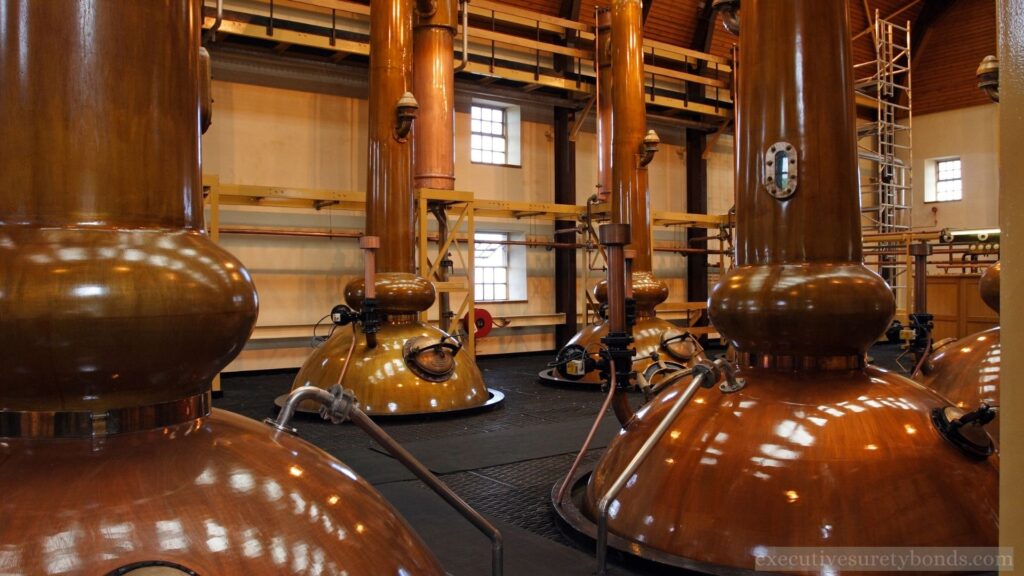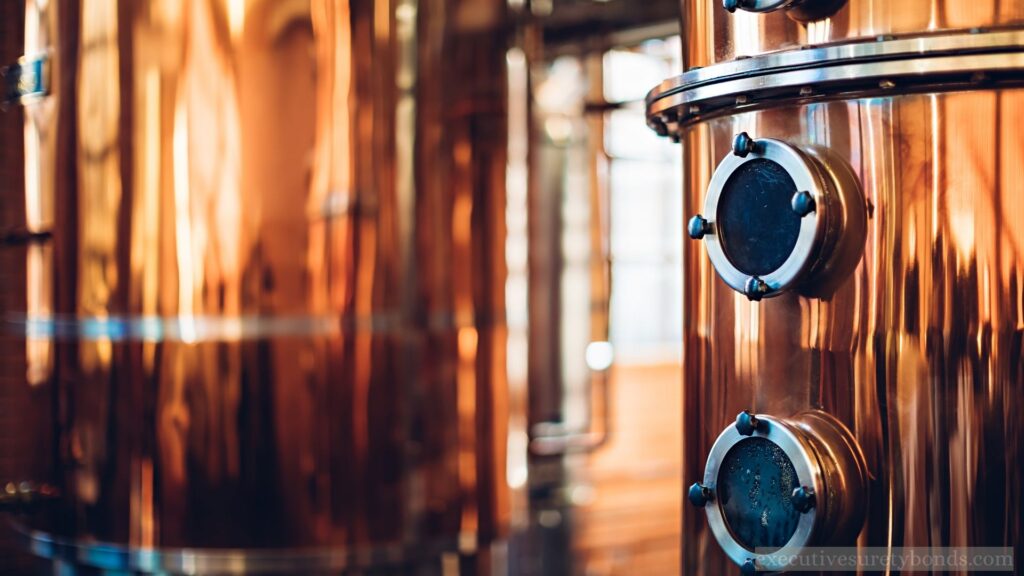Get An Instant Quote on Kansas Liquor License-Microbrewery ($2,000) Bond Now
Introduction
In the world of craft beer and small-scale brewing, the Kansas Liquor License-Microbrewery ($2,000) Bond plays a crucial role in nurturing the spirit of entrepreneurship and fostering economic growth. Microbreweries are the heartbeat of the craft beer movement, creating unique and innovative brews that delight beer enthusiasts. To ensure that these microbreweries operate with integrity, adhere to liquor regulations, and contribute positively to their local communities, the State of Kansas requires the Liquor License-Microbrewery Bond, valued at $2,000. This bond is not just a legal obligation; it is a testament to the commitment of microbreweries to quality brewing and responsible business practices. In this article, we will explore the significance of the Kansas Liquor License-Microbrewery Bond, its purpose, and its impact on the microbrewing industry within the state.
The Microbrewing Revolution in Kansas
Microbreweries in Kansas are at the forefront of the microbrewing revolution, producing distinctive and artisanal beers that reflect the creativity and craftsmanship of their brewers. These breweries are often small, independently-owned businesses that take pride in crafting high-quality, locally-inspired brews.
The Kansas Liquor License-Microbrewery Bond
At the heart of responsible microbrewery operations in Kansas lies the Liquor License-Microbrewery Bond. This bond is not just a financial requirement; it is a symbol of dedication to the art of brewing and community development.
Understanding the Mechanics of the Bond
When a microbrewery in Kansas applies for or renews its liquor license, it is typically required to secure the Liquor License-Microbrewery Bond. This bond establishes a legally binding agreement between the microbrewery, the state, and a surety company. The surety company acts as a financial guarantor, ensuring that the microbrewery will operate in compliance with state liquor laws, maintain ethical business standards, and fulfill their financial obligations, including the payment of taxes and fees.
Implications for Microbreweries
For microbreweries in Kansas, obtaining the Liquor License-Microbrewery Bond signifies a commitment to quality, regulatory compliance, and the responsible production of craft beer. It ensures that they adhere to state liquor laws, operate their businesses with integrity, and contribute positively to their local communities.
Moreover, the bond fosters trust and confidence between state authorities and consumers. It signifies that microbreweries are financially responsible and dedicated to upholding the highest standards of ethical conduct and compliance with liquor regulations.
Fostering Craftsmanship, Responsibility, and Community Growth
The primary purpose of the Kansas Liquor License-Microbrewery Bond is to foster craftsmanship, responsibility, and community growth. By guaranteeing that microbreweries operate ethically, follow state liquor laws, and prioritize the quality of their beers, the bond plays a crucial role in safeguarding the integrity of the microbrewing industry. It contributes to the trust that consumers place in microbreweries and supports the growth of vibrant and authentic beer cultures in Kansas.
Conclusion
In the world of craft beer and microbrewing in Kansas, the Liquor License-Microbrewery Bond is not just a legal requirement; it’s a symbol of dedication to quality and community. Microbreweries, state authorities, consumers, and local economies all benefit from the protections and assurances offered by this bond. By enforcing compliance with liquor regulations and promoting the responsible production of craft beer, the bond plays a pivotal role in ensuring that Kansas remains a place where craft breweries thrive, celebrating the artistry and craftsmanship of microbreweries while fostering growth and prosperity for all.
Frequently Asked Questions
Can a Microbrewery Use the Bond Amount of $2,000 as an Investment in Their Brewing Equipment or Facility?
No, the Kansas Liquor License-Microbrewery Bond amount of $2,000 cannot be used as an investment in brewing equipment or facility improvements. This bond serves as a financial assurance to ensure that microbreweries operate in compliance with state liquor laws, maintain ethical business practices, and fulfill their financial obligations, including the payment of taxes and fees associated with beer production. The bond is not intended to be used for capital expenditures or operational expenses unrelated to liquor compliance.
Are There Additional Bond Requirements If a Microbrewery Expands Its Brewing Operations to Include Distillation of Spirits or the Production of Other Alcoholic Beverages?
Yes, if a microbrewery in Kansas decides to expand its brewing operations to include distillation of spirits or the production of other alcoholic beverages beyond what is covered by their existing Liquor License-Microbrewery Bond, they may be required to secure additional bonds or licenses specific to those activities. Different alcoholic beverages may have varying regulatory and licensing requirements, and it’s essential for microbreweries to consult with state authorities to ensure compliance when diversifying their product offerings.
Does the Kansas Liquor License-Microbrewery Bond Cover the Cost of Label Approval, Trademark Registration, or Intellectual Property Rights for Beer Brands?
No, the Kansas Liquor License-Microbrewery Bond does not cover the cost of label approval, trademark registration, or intellectual property rights related to beer brands. While the bond provides financial assurance of compliance with liquor regulations, expenses associated with label design, trademark registration, or protecting intellectual property rights are typically the responsibility of the microbrewery. These costs are considered part of the branding and marketing efforts of the brewery and are separate from the bond requirements.


